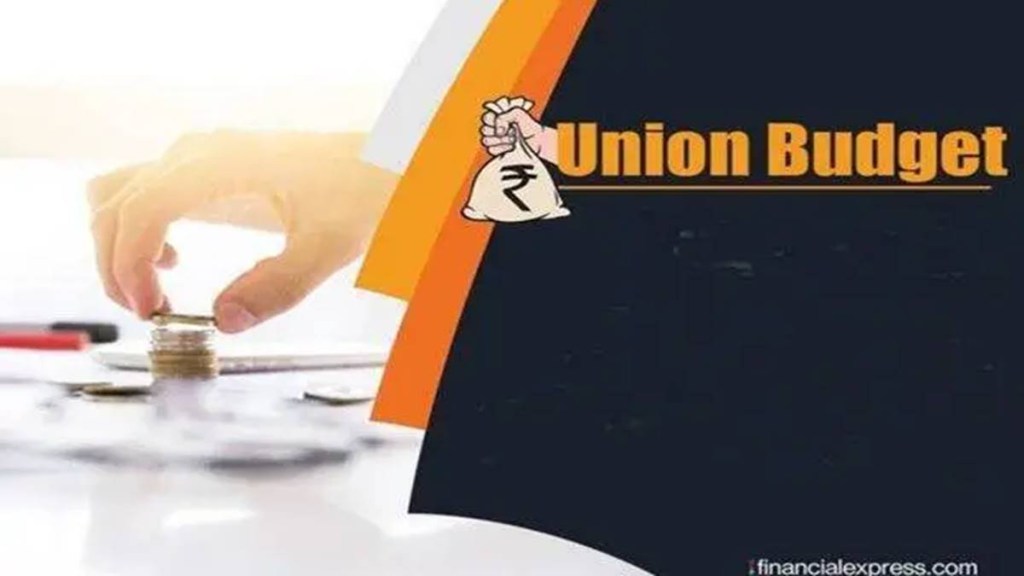By Gulzar Didwania and Ankit Garg
Union Budget: With an ambitious target of becoming a US$ 5 trillion economy, India is set to present its Budget 2023-24 on February 01, 2023, which will be the last full Budget ahead of the public polls in May 2024. The industry as well as people of the country have high expectations from this Budget in terms of tax reforms.
It is expected that Budget 2023 would talk about the policies and measures towards infrastructure development, boosting exports, promoting green economy, Atmanirbhar Bharat, MSME growth, etc. Among all these, expectations for additional tax incentives and rates rationalisation are topmost specially in sectors such as insurance, renewable energy, telecom, auto-components, etc.
Some key areas to look out for:
i. Customs Tariff rationalisation
One of the key pending requirements from the industry is simplification of the Customs tariff structure to make it easily understandable for importers and exporters. Continuing its approach from the last Budget, the government is likely to remove some more exemption notifications to standardise duty rates and make them part of the Customs Tariff itself. This expectation is in line with the announcement made by the FM in Union Budget 2021, where the government started review of over 400 old exemptions.
ii. Production-Linked Incentive (PLI) Scheme or Phased Manufacturing Plan (PMP)
In last couple of years, the government’s focus has been on introducing PLI schemes for different sectors because, unlike the tax subsidy schemes, PLI schemes do not entail substantial outgo of revenue expenditure by the government, and does not put pressure on fiscal deficits. In the coming Budget, the government may broaden the PLI scheme or introduce PMP for new products. It is expected that some announcements may be made to extend the coverage of PLI for sectors such as TV industry, leather, toys, chemicals, shipping containers, etc.
Also, the industry expects extension of these incentives for additional years, to support them increase their production capacities. This expectation is highest amongst industries such as food processing, telecom and technology industries.
iii. Tax Dispute Resolution Scheme
Similar to Excise and Service Tax, the government is also considering industry’s request to announce a Dispute Resolution Scheme under Customs legislations as well, to end long drawn disputes.
Also, since the GST Tribunal has not yet been set up and there are many litigations pending, the government may announce a new one-time Tax Dispute Resolution Scheme in Budget 2023, to clean up pending litigations and disputes across industry. It is possible that such Dispute Resolution Scheme may provide some relief in the closure of litigations with respect to mismatches of GST credits and defaults in payment by suppliers.
iv. Changes in Customs Duty
The government’s initiative of Atmanirbhar Bharat has received good response from the industry and the domestic manufacturing capacity in India has been expanding. Though industries such as renewable energy sector are still dependent largely on import of goods due to domestic manufacturing, it is not enough to meet the demand. The government may, as an interim measure, and to fast track setting up of solar power projects, consider reducing the import duties on import of following products:
a. BCD on Solar Modules may be reduced to 5% which is currently at 40%;
b. BCD on Lithium ion battery may be reduced to 5% which is currently at 10%;
Further, based on the inputs provided by different ministries, Customs duty is expected to be increased on certain non-essential items such as private jets, jewellery, helicopters, plastic goods, high-end electronic items, high-gloss paper and vitamins, for which imports need to be discouraged and the Make in India initiative to be promoted through import tariff hike.
While industry has high expectations from this Budget, it would be interesting to see how the government addresses these expectations in the Union Budget 2023.
Gulzar Didwania is Partner with Deloitte India, and Ankit Garg is Manager with Deloitte Haskins and Sells LLP
Disclaimer: Views expressed are personal and do not reflect the official position or policy of Financial Express Online.

